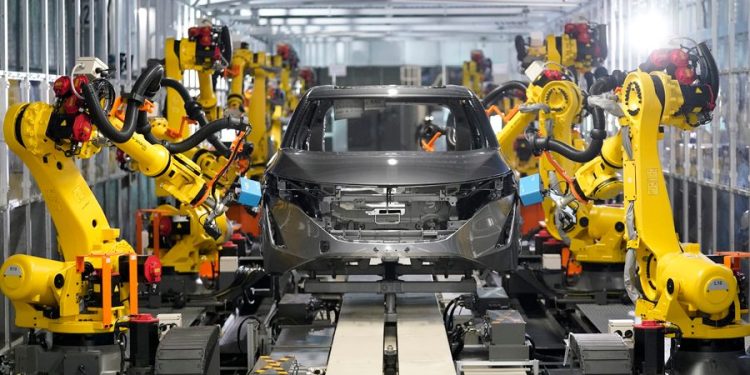Semiconductor shortage could be over by mid-2022, says Nissan
Words: Matthew Hansen
The global semiconductor shortage has thrown a spanner in the works for car manufacturers worldwide as yet another hurdle in the way of maintaining reliable supply and production schedules.
Caused by its own supply shortages triggered by Covid-19 lockdowns and the like, the semiconductor shortage has seen numerous car brands either voluntarily suspend their own production lines or ship cars without certain features just to ensure there’s stock available.
A bit like how the Covid-19 pandemic has changed how most people live their lives, there’s no telling when the motoring world will be back to normal vehicle outputs. However, according to Nissan at least, the shortage could be a thing of the past sooner rather than later.
Nissan Australia boss Adam Paterson says the semiconductor shortage could subside as early as mid-2022.
Speaking to Drive, he expects that semiconductor production outputs will be back to pre-shortage levels in early 2022, which will then lead to supply being ‘back to normal’ by the middle of the year.
“We believe that our Nissan supply will be much stronger in calendar Q1 of next year. The expectation is that we will be somewhat back to normality at that point,” said Paterson.
“Things may change, but […] from an on-the-ground supply standpoint, we expect at this point that things would be back to a regular supply situation by the middle of next year.”
Like a lot of other manufacturers, the shortage has hit Nissan hard. It confirmed just over a month ago that its production lines would be operating at a 70 per cent capacity through November due to the chip shortage.
This followed planned temporary work stoppages at two of its Mexican production plants in October due to semiconductor shortages, on top of production stoppages in the US, UK, and Japan earlier in the year.





